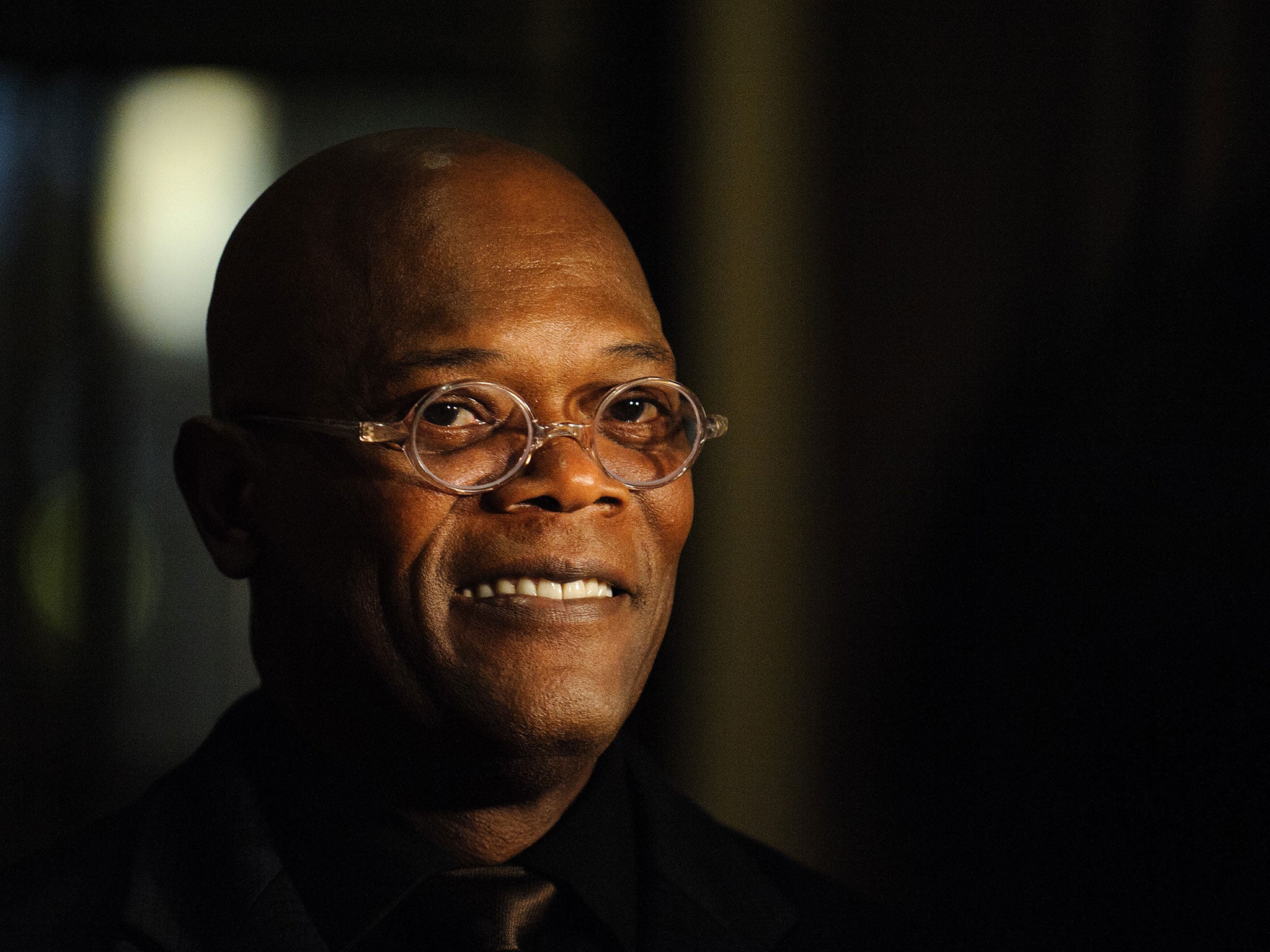Samuel L. Jackson is right about bad Hollywood endings, but then real life isn't much better
At work, in love and in life, no one has worked out the third act

Your support helps us to tell the story
From reproductive rights to climate change to Big Tech, The Independent is on the ground when the story is developing. Whether it's investigating the financials of Elon Musk's pro-Trump PAC or producing our latest documentary, 'The A Word', which shines a light on the American women fighting for reproductive rights, we know how important it is to parse out the facts from the messaging.
At such a critical moment in US history, we need reporters on the ground. Your donation allows us to keep sending journalists to speak to both sides of the story.
The Independent is trusted by Americans across the entire political spectrum. And unlike many other quality news outlets, we choose not to lock Americans out of our reporting and analysis with paywalls. We believe quality journalism should be available to everyone, paid for by those who can afford it.
Your support makes all the difference.For reasons no one quite understands, film directors have lost the knack of the satisfactory ending.
Films tend to continue well after their natural ending, according to the actor Samuel L Jackson, who cites Steven Spielberg’s latest, Lincoln. Some meander, others go off in a new direction, or close with modish, irritating ambiguity.
Ben Affleck, another Hollywood man, has blamed the need to pitch film ideas. “The thing about a pitch is that it does a great job figuring out the first and second acts, but no one ever sits down and works out the third act.”
Take these words away from the world of film, and they help explain many reasons for contemporary unhappiness. At work, in love and in life, no one has worked out the third act.
It is a good moment in the calendar, just as things are starting, to consider the art of ending. If only more in life could close like the old year – a drink, music, maybe some fireworks, a hug or even a snog, and then it’s gone.
There is a useful self-help book to be written about how to leave a relationship or a job in a positive way, but it would probably sink like a stone in today’s market. We have been brain-washed into believing that what really matters are the relatively easy stages of experience – the hope of January, the energy of May, the pleasure of July, the nostalgia of October. We prefer not to think too much about December.
It feels like a recent cultural shift, this infantile reluctance to let go of what we like. Film executives have associated the increasing length of new productions with audiences’ need for value for money. The same greed is evident elsewhere: if something is good, the attitude seems to be, it should not be taken from us. We resist even considering how anything will end until the slow-motion crash is under way, and it is too late.
Admittedly, conclusions tend to be tough. Only the exceptionally evolved and adult can end a serious relationship with a shared admission that what was once good is now something else altogether, that it has simply run its course. Instead, there is blame and bitterness, a looking back at a history now poisoned by failure.
At work, even the most civilised and well-planned parting of ways tends eventually to be accompanied by an expected sense of anti-climax and disappointment. There are few good professional farewells.
It may be seen as a weakness, in a culture obsessed by dynamism and success, to be prepared in advance for the moment when something ends. We believe ourselves more likely to succeed, if we remain blinkered by expectation and hope. But knowing how to close a show with dignity and generosity is one of the better tests of maturity and character.
www.terenceblacker.com
Join our commenting forum
Join thought-provoking conversations, follow other Independent readers and see their replies
Comments